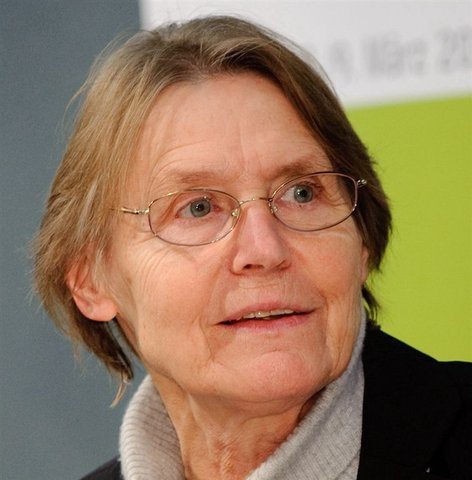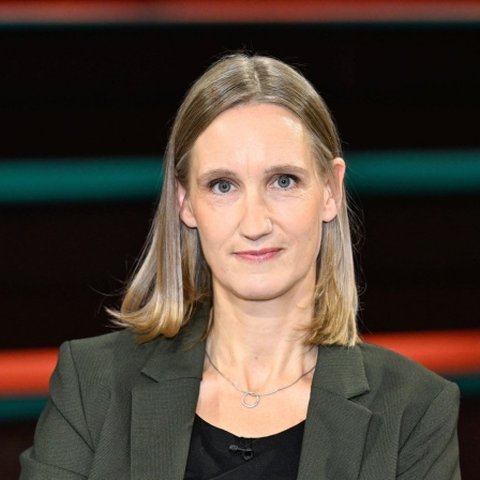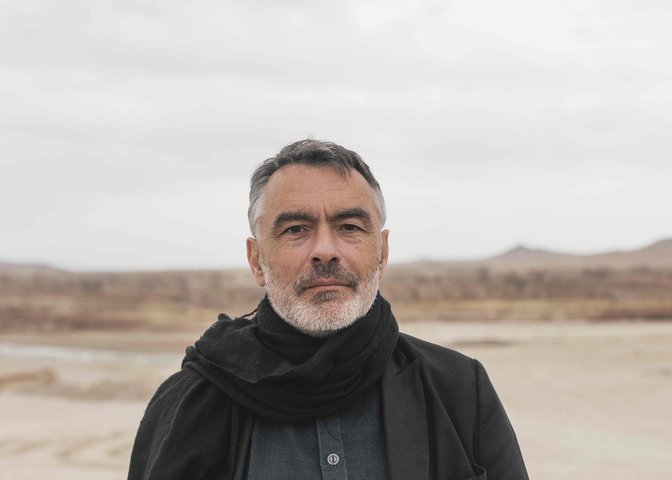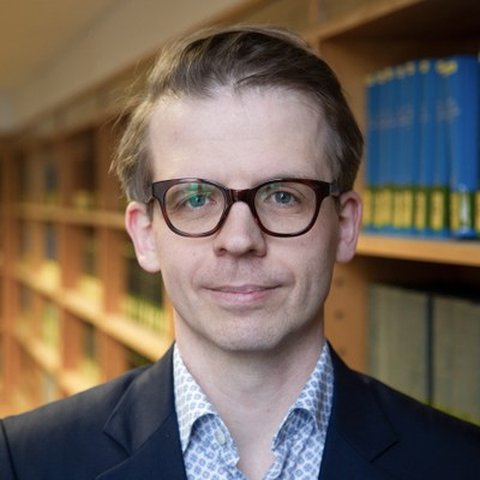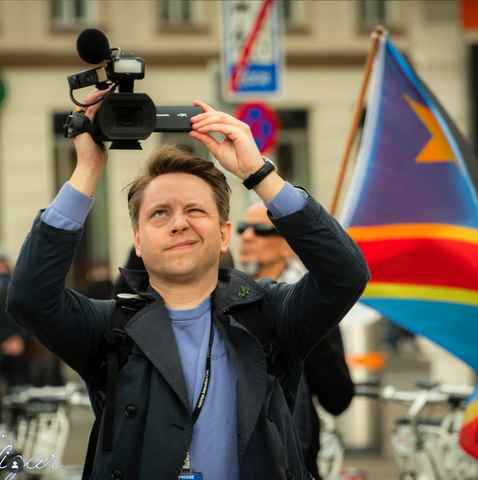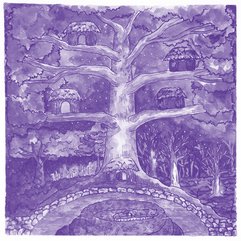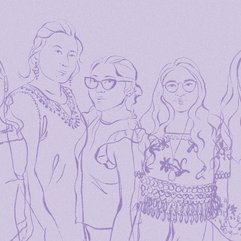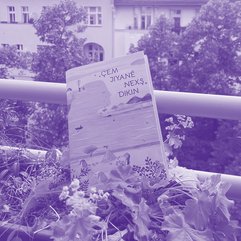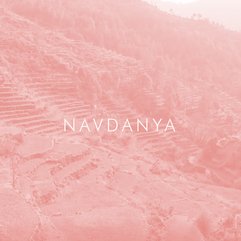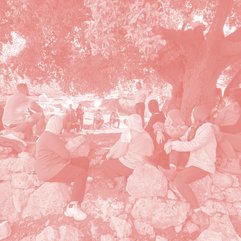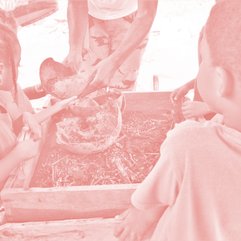Zeit zu reden - The Right to Resistance Under Suspicion of Terrorism
A critical discussion on the necessity and limits of resistance in times of repression
19.00-22.00
Save the Date
for adults
in German

"When injustice becomes law, resistance becomes duty"—this quote, often attributed to Bertolt Brecht, is frequently invoked in discussions about social resistance against unjust conditions. Though the words originally come from 19th-century Pope Leo XIII, they seem more relevant today than ever. Under what circumstances are citizens of a state—or a population under foreign rule—permitted to resist, even violently? What international laws govern armed resistance? And how can it be distinguished from the indiscriminately used and often imprecise label of "terrorism"?
This panel explores the theoretical foundations and practical examples of (armed) resistance. What methods do revolutionaries use against a dictatorial regime in their own country, and how do these differ from anti-colonial liberation struggles? Against whom may violence be directed—who qualifies as a representative of an occupying power or a symbol of state repression? Lessons are drawn from history—from the French Revolution to the Northern Ireland conflict—and parallels are drawn between historical figures like Mahatma Gandhi, Nelson Mandela, and Yasser Arafat. When are leaders of resistance movements labeled terrorists, and when are they hailed as heroes? How do enemies of the state become Nobel Peace Prize laureates? The discussion also delves into ideology, religion, and power structures: What connects organizations like the Palestinian PFLP, the Irish IRA, the Kurdish PKK, and the Basque ETA? How can state and non-state terrorism be distinguished? And what sets Hezbollah apart from the Taliban, or Hamas from ISIS?
This event is supported by the Schöpflin Stiftung, the Stiftung Mercator, the Robert Bosch Stiftung and the Postcode Lotterie.
Panelists are: Helberg Kristin, Christoph Reuter, Dr. Dieter Reinisch, Prof. Helga Baumgarten and Prof. Christian Marxsen



